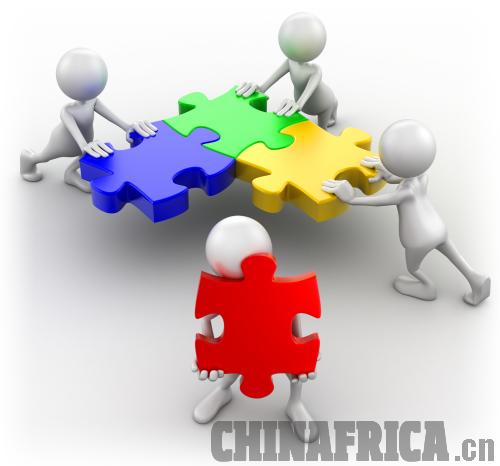| 
Long criticized as holding a tight-fisted monopoly on the telecommunications industry in China, China Telecom and China Unicom are now under investigation by the the National Development and Reform Commission (NDRC), China's top economic planner.
The news was first released on November 9 on CCTV news, China's state broadcaster. According to Li Qing, deputy head of NDRC's price supervision and anti-monopoly department, NDRC is investigating China Telecom and China Unicom over suspected monopolistic practices.
"We have been investigating into the case since receiving a report against China Telecom and China Unicom at the first half of 2011," said Li.
China Telecom is the nation's largest broadband Internet supplier with 80.09 million subscribers as of the end of July 2011, compared with 52.99 million users at China Unicom, according to data the companies released.
Li said the two companies account for more than two-thirds share of the broadband Internet access market, which indicates dominant market positions. If market dominance is used to increase access costs and slows down Internet speeds for its competitors that would be considered price discrimination in accordance with the Anti-Monopoly Law.
If there were clear evidence for price discrimination, the two companies will face a fine of "1 percent to 10 percent of its annual turnover", which means both telecommunication giants may end up paying millions in fines.
Good news for netizens
The investigation is music to the ears of Chinese netizens since Internet surfing fees may shrink.
Although the investigation is focusing on the supplier market rather than personal consumer market, a lower price could be expected if the monopoly is broken. It was estimated that an effective competitive market would make Internet surfing charges decrease by 27 percent to 38 percent in the next five years.
At the moment, according to a report from China Informatization Advisory Committee of Experts published in July 2011, China's Internet speed is less than 10 percent of the average in WTO countries, yet it charges four times the average costs in comparison to other developed countries.
"Our Internet surfing fee is even more expansive than those richer countries. Anti-monopoly is definitely necessary," said a netizen named LiTT.
Many netizens take the investigation as an opportunity for justice to be done. "I would like to pay for what the service deserves, but I won't give a cent more than that," said a netizen named Chen Zhongxi.
|